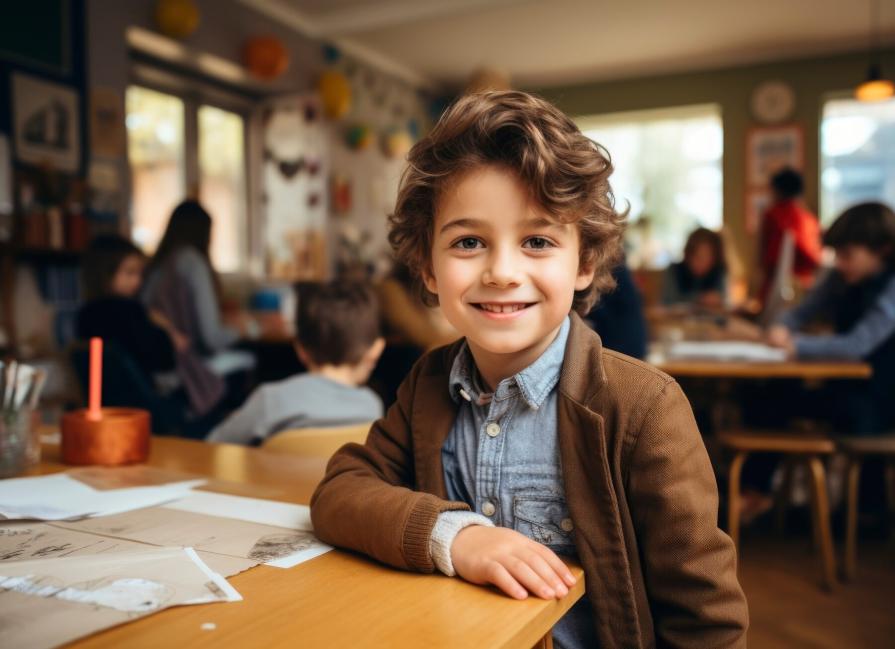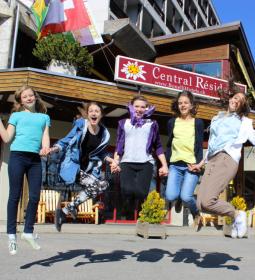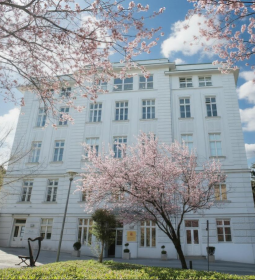You can find out how children study in foreign schools not only from your own experience, from the cinema or from the niece of a familiar mother's friend - sometimes it is enough to read a short article. For example, this one, where we will tell you what is included in a typical weekday of a British schoolboy in a private boarding house. Welcome to the virtual tour!
What boarding school students do in the morning
Usually, the morning of a British student begins at 07:00. Before the common breakfast in the dining room, children have about 40-45 to put themselves in order (wash, dress, do a little exercise) and walk to the common room.
After meals and before the start of lessons, at about 8:30, a kind of class hour is held for schoolchildren: teachers check that everything is in place, and inform children of current news and other important information.
Immediately after the general gathering, many private boarding houses spend fifteen minutes in the local chapel. Most often, this is not so much related to religion as to an additional unifying format. This event can be attended at will.

Lessons begin at about 9 am. On average, one lesson lasts 40 minutes, and there are no short breaks between them: before lunch, they manage to go through three disciplines, and from 11 o'clock there is a long-awaited break, which lasts 20 minutes. During this time, you can have time to have a snack, chat with classmates — or just sit in silence if you are already tired.
What boarding school students do during the day
From lunch, schoolchildren begin double classes, which last from about 11:20 to 12:40. After double classes, there is a lunch break in the same school cafeteria.
From 13:00, children attend additional lessons, which students choose on request on their own: these can be electives according to the school curriculum, and vocal clubs with theater circles. In part, these classes look like a break before the continuation of the main lessons, which begin at two o'clock in the afternoon.
At 15:20 there is an afternoon snack, and at half past four the children are already going to change into sports uniforms - from 15:45 everyone begins sports activities, which are mandatory in British private boarding houses. But do not confuse them with the physical education lessons we are used to: classes here are more like a university format or a good fitness club, where students themselves choose a sport that interests them!
What boarding school students do in the evening
From half past six, children begin to exhale a little after an active school day, take a shower after sports and change into clean clothes for dinner. Evening meals in the common dining room usually begin at 6 p.m., not earlier.

From half past seven, schoolchildren can again engage in electives and circles for an hour, and from 19:30 they sit down to the lessons that they were assigned at home. Homework is solved at the same time for everyone, so teachers make sure that children do not forget to take a break half an hour after the start.
Only at nine in the evening does free time begin: you can watch a movie, call your family, chat with friends, read a book and generally do whatever you want. However, by 22:00 it is already time to get ready for bed, because at 22:30 they will probably announce the lights out.
By the way, it will not be possible to pretend that the student went to bed, and instead scroll through social networks under the covers: many private boarding schools, along with lighting in residences, turn off wireless Internet at night.
And finally: in what conditions do British schoolchildren live in private boarding schools
Living conditions may vary from school to school, but most often children live in residences on the boarding campus. If the school accepts children of both genders, then two different residential buildings are allocated for them, so that the boys live separately from the girls, sometimes they are limited to just dividing by floors.
Two to four students can live in one room. At the same time, it is unlikely that you will be able to get into a room with a person from your own country: employees of private boarding schools try to distribute foreign students into rooms so that they practice their English in their free time, communicating with peers from other countries.










